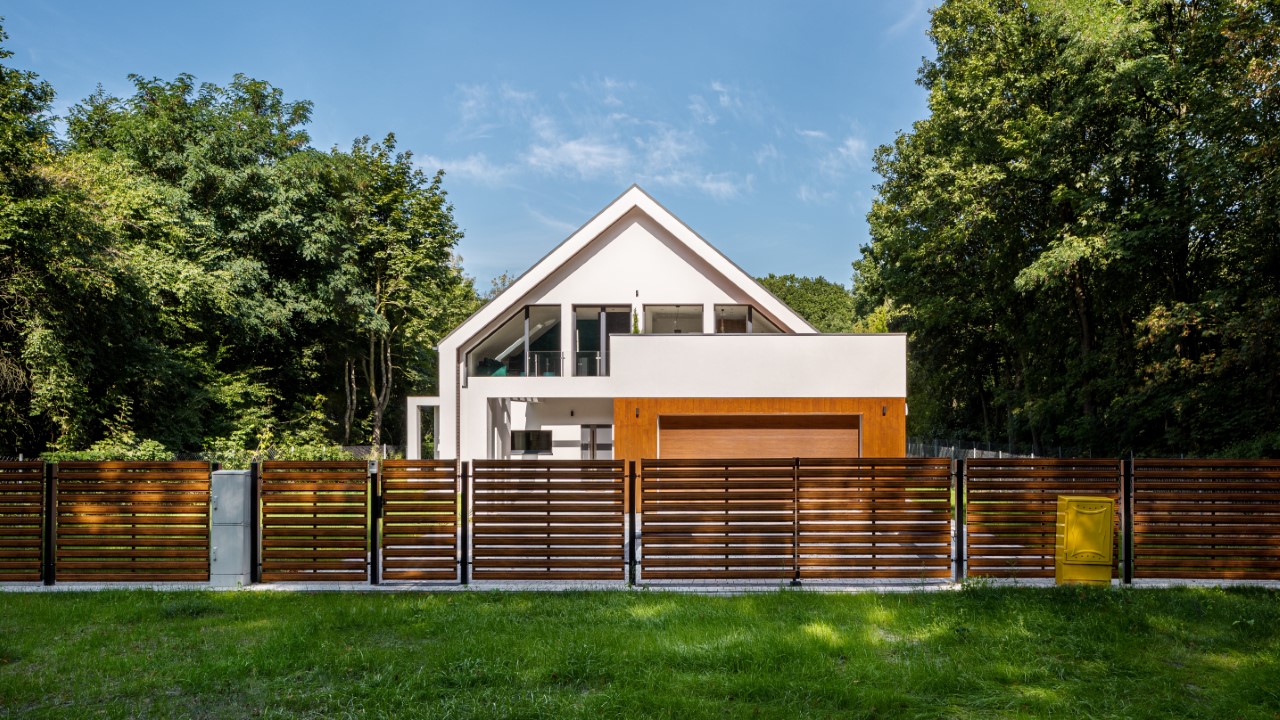Homeownership is still most people’s favored lifetime investment. The U.S. Census Bureau reported this year that home ownership in 2022 was higher than before the pandemic. However, with precarious interest rates, and the consequent effect on mortgages, many important factors must be considered before buying your dream home.
1. Credit Score and Reliability

First, any home buyer must know if they will be approved for a mortgage. Experian has a credit score rating with a top bracket of between 961 and 999 points. Of course, having a top score will give a buyer the best mortgage deals with the lowest interest rates. To boost your credit score, experts recommend making timely credit payments, staying within the credit limit, and avoiding applying for credit in the six months before a mortgage application.
2. Affordability

Lifestyle creep is when we increase our living standards concurrent to rising income: when people make more money, they increase their overheads. Inevitably, those who fall into this trap include home buyers, so ensuring you can afford your property over a long period means assessing income stability, emergency savings for unexpected costs, and other long-term fiscal implications.
3. Financing

Mortgage pre-approval is the process whereby the mortgage lender writes a pre-approval letter notifying the property seller of your interest while showing what you can afford with your approved loan. Forbes advises that knowing your exact down payment amount is essential at this stage.
4. Location

Depending on the buyer’s family size, dozens of location-based factors must be considered. If children are involved, how far are you from good schools and work? Investopedia says location is the most important element in acquiring a property, so researching the neighborhood is crucial, especially if you plan to spend much of your life in it.
5. Desires for the Property

A home’s design affects its functionality. Before moving forward, have you decided what you need from the property? Making a list of everything you want the property to give you could help eliminate compromise. You might alleviate doubts when making later decisions by first ranking the most desired aspects of your new home, such as family-friendliness, modernity, or aesthetic design.
6. Property Condition

If location is the most important selling point for real estate, the property’s condition must come next in line. Even in relatively new builds, issues can arise due to poor workmanship. British mortgage advisers Legal and General state that a surveyor will do a much better job inspecting a property than the average 35 minutes spent by most buyers. Paying for a surveyor is a luxury many assume they can’t afford, but considering the risk potential, can we afford not to?
7. Living Space

What is your living arrangement right now? Will there be a young family on the horizon? Will a current young family need larger rooms in a few years? Ample bedroom and living room size makes life much better for a large family, as does a generous yard and garden. Moreover, is there potential for expanding the space you have? Asking the realtor about planning permission for building an extension, preferably in official documentation, might be necessary if you see your space requirements growing.
8. Local Property Value Trends

Online real estate market professionals Casafari suggests monitoring or acquiring property value trends in the area is essential. If the neighborhood you are interested in has a value fluctuation history, finding this information might be the difference between buying a winning asset or a burden. If the local area’s property is on a downward trend, prices could be lower, but if you plan to sell the house again soon after, you could lose.
9. Knowing the Neighbors

Anyone who has seen the Richard Pryor film Moving will know the nightmare unsavory neighbors can create for new buyers. There is a spectrum for dealing with neighbors: at the more humane end, knocking on a few doors after a home viewing to ask them about the neighborhood would be simple. Background checks are an option at the darker end of the spectrum, though conditions for each state may apply.
10. Future Developments

What local developments are in the pipeline? Are there any impending projects affecting your living standards or property value? If the local authorities grant planning permission for an incinerator nearby, this might adversely affect your asset’s value. Future developments that add value to a property include public parks, schools, and green spaces. Furthermore, if businesses are opening in the area, this is a great sign — a U.K. study found that living near a certain supermarket chain increased property value.
